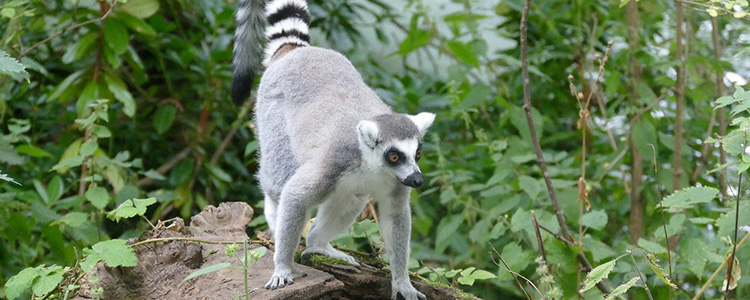 Organizations: for animal protection, animal care and working with wildlife abroad
Organizations: for animal protection, animal care and working with wildlife abroad



Oceania
South America
Central America
Caribbean
North America
Asia
Europe
 Organizations: for animal protection, animal care and working with wildlife abroad
Organizations: for animal protection, animal care and working with wildlife abroad
Bless the Children Foundation Bless strives for a better future for Filipino children. The better future will be offered to selected families of the poorest of the poor in Metro Manila. The method being used is to give power back to the families, mothers specifically. The mothers are becoming t...
Aviva is an organization that offers volunteer work and tours in South Africa. The volunteer projects focus primarily on animal and nature conservation, and social work. Aviva also offers various trips, tours, and courses. Aviva projects have been discontinued under the Aviva name since 2021. Howeve...
Ethical Volunteering with the best range of Wildlife, Conservation and Community Projects in South Africa. You can apply for a short-term volunteer placement, or join any combination of projects for a longer stay or a full Gap Year. They are passionate about ethical volunteering, and only support su...
Search only via club, country, goal, study, topic or sector
Add new contribution